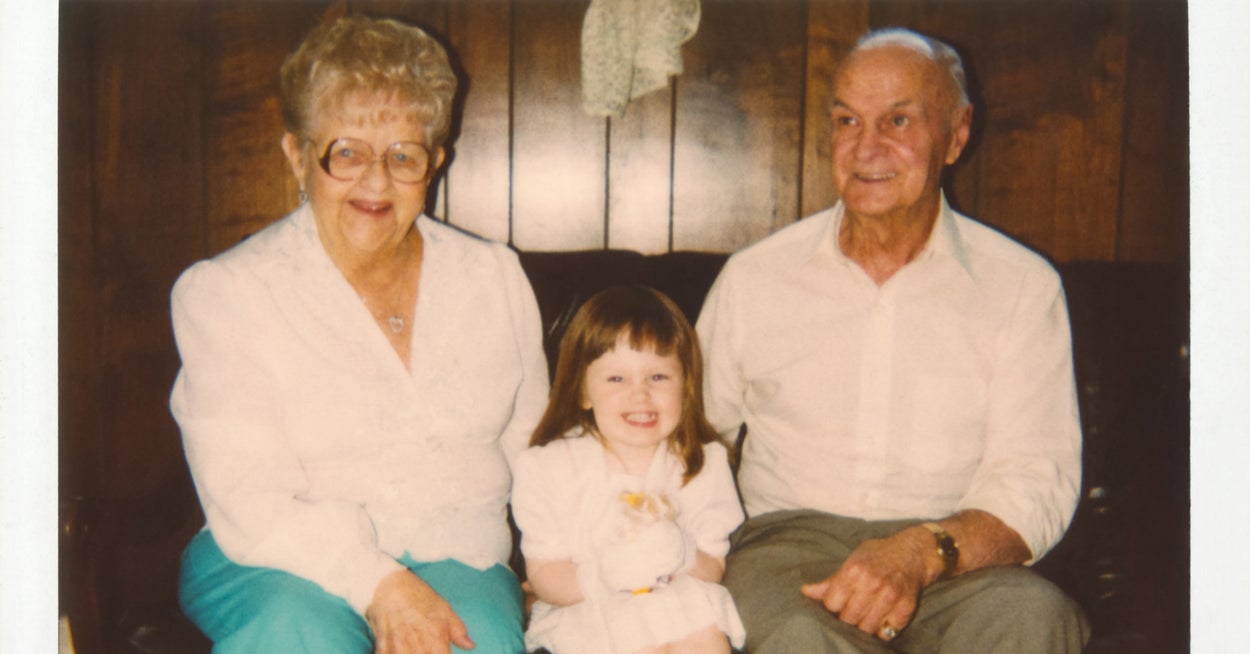
"Kathy L. is a 46-year-old mother of three in North Carolina. Five years ago, she moved her family back to her hometown in order to help care for her aging parents, but for the past year and a half, the family has devoted significant time and resources to caring for her husband's aunt, who has dementia. Her children were ages 15, 11 and 9 when the aunt came to live with them last summer."
"Initially, the plan was to care for the aunt at their home for 12 weeks, at which point her long-term care insurance would kick in to cover the cost of an assisted living facility. But after 8 weeks, the family decided to pay out of pocket to move her into one."
""Dementia patients can often get aggressive because they are confused/scared and don't know what's going on," she explained. While her two older sons were able to handle the aunt's outbursts, her youngest child struggled. Kathy L. said her 9-year-old daughter was "crying every day and was terrified to say or do anything that would set her off.""
A 46-year-old mother returned to her hometown to help care for aging parents and then devoted major time to her husband's aunt with dementia. The aunt moved in when the children were 15, 11 and 9, and an initial plan for 12 weeks of in-home care ended after 8 weeks when the family paid out of pocket for assisted living. Dementia-related aggression caused significant emotional distress, particularly for the youngest child. The husband obtained power of attorney and handled finances and housing. The caregiving experience produced mixed emotions, and global aging with lower fertility increases the likelihood of simultaneous child and elder care.
Read at BuzzFeed
Unable to calculate read time
Collection
[
|
...
]